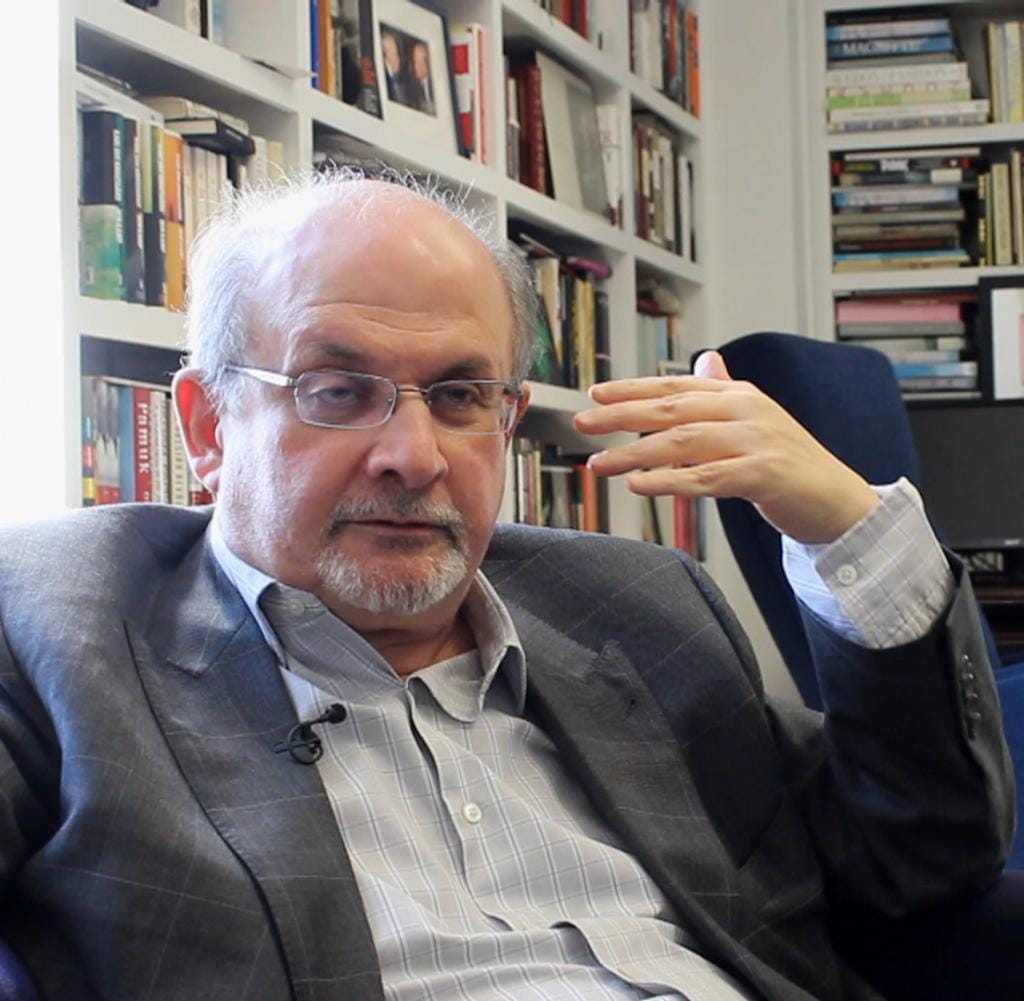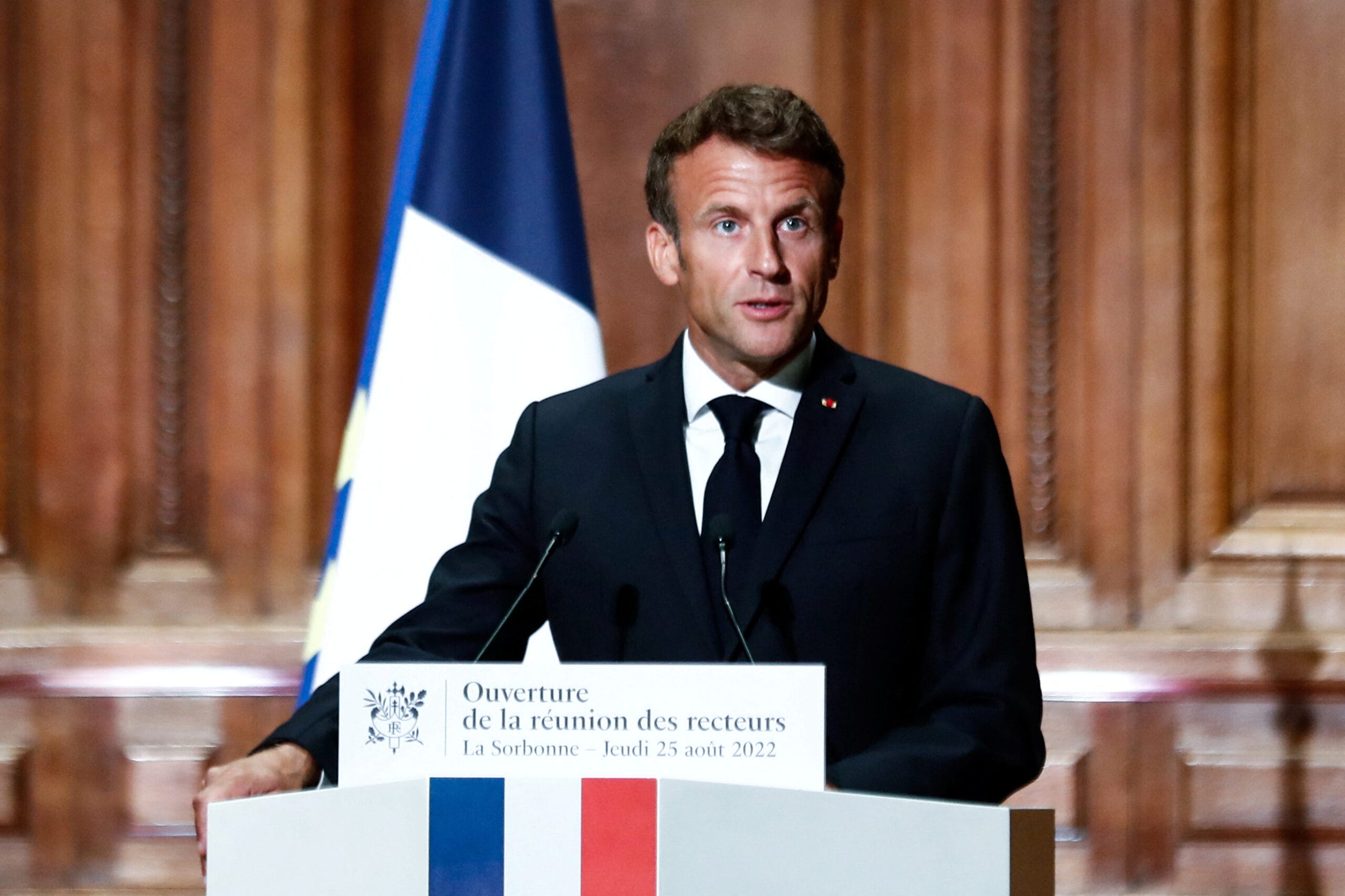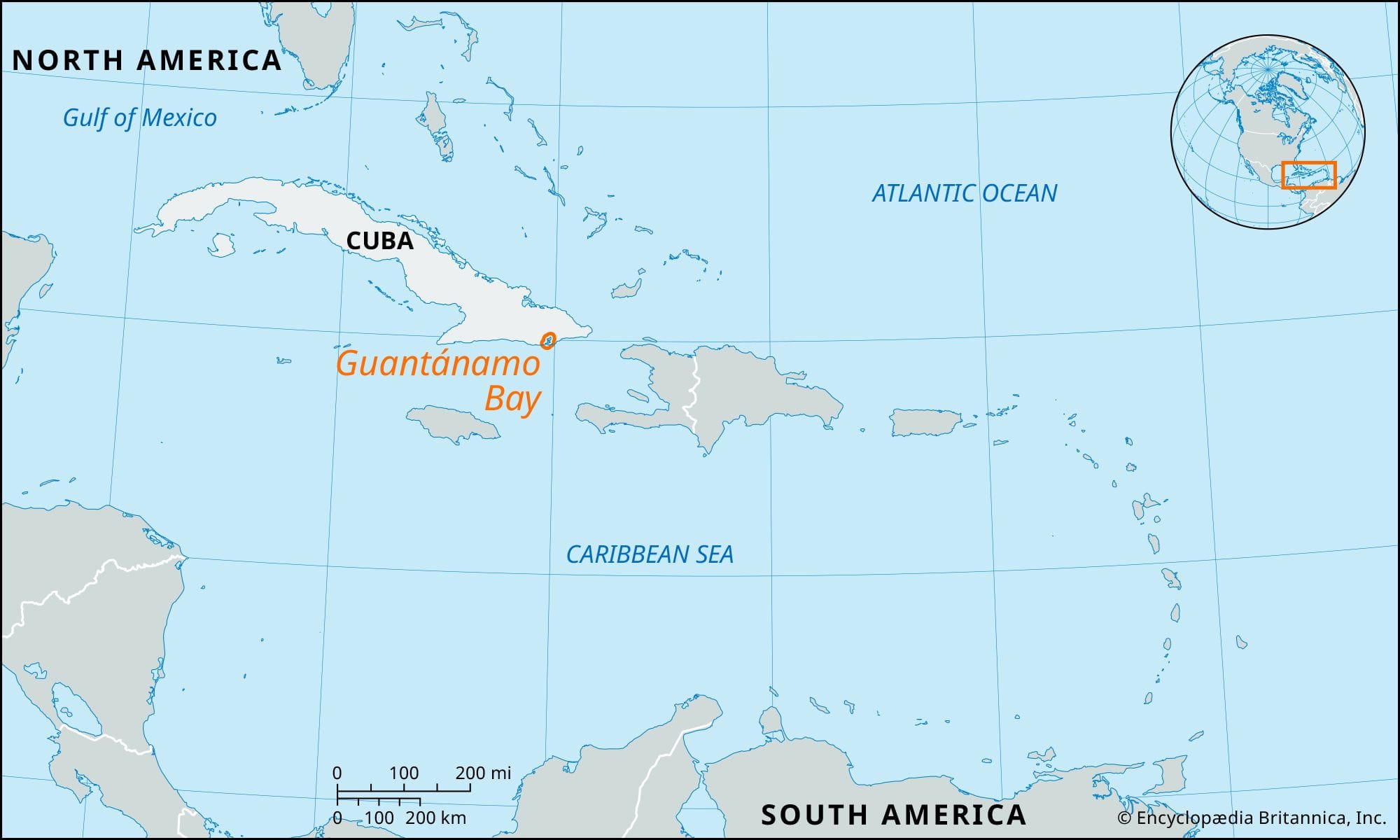The man responsible for the violent attack on author Salman Rushdie has been sentenced to 25 years in prison. The attack took place in August 2022, as Rushdie was preparing to deliver a lecture in Chautauqua, New York. This incident drew international attention, as it raised significant concerns regarding freedom of expression, the safety of authors, and the broader implications of ideological extremism.
Salman Rushdie is a celebrated novelist and essayist, known for his influential works such as “Midnight’s Children” and “The Satanic Verses.” His writings have often sparked controversy and garnered both acclaim and criticism. The attack on Rushdie was particularly alarming, as it underscored the very real threats authors can face when their work challenges cultural norms or political ideologies.
In the wake of the attack, multiple discussions emerged surrounding the repercussions of censorship and the responsibilities of authors as they navigate complex societal landscapes. The assailant, Hadi Matar, was apprehended at the scene and faced multiple charges, including attempted murder and assault. During the trial, Matar expressed no remorse for his actions, asserting that he was motivated by deeply held beliefs influenced by extremist ideologies.
The violent act catalyzed a global dialogue about the extent to which individuals will go to silence those with dissenting views. Writers and intellectuals from various backgrounds condemned the attack, reaffirming their solidarity with Rushdie and underscoring the importance of upholding free speech. Many literary organizations and advocacy groups swiftly mobilized to call for greater protections for authors and challenged the culture of intimidation that has, at times, suppressed artistic expression.
The legal proceedings culminated in Matar’s sentencing, which was met with mixed reactions from the public. Some believed the 25-year sentence reflected a necessary deterrent against violence directed at artists and thinkers, while others contended that it did not address underlying societal issues, such as the proliferation of extremist ideologies that promulgate violence. The courtroom was filled with supporters of Rushdie and advocates for free expression, emphasizing the symbolic importance of the sentencing as part of a broader struggle against censorship.
In his statements prior to the sentencing, Rushdie expressed gratitude for the outpouring of support he received from around the world. He acknowledged the fear and uncertainty that permeated his life following the attack but remained resolute in his belief in the power of literature and the necessity of continued dialogue about contentious issues. Rushdie reiterated that his work would not be silenced and that he would continue to advocate for the very values that define a free society.
Matar’s case has drawn international media attention, influencing discussions not only in literary circles but also in political spheres. The sentencing has prompted renewed calls for governments to ensure the security of writers and intellectuals. Anti-censorship activists have pressed for legislative measures designed to provide better protections for those who face threats due to their work.
In recent years, numerous authors, journalists, and critics around the world have faced harassment and violence for their work. This trend has raised alarms about the safety of those who dare to question prevailing narratives and confront societal taboos. Many now advocate for increased educational efforts to promote understanding and respect for diverse perspectives in order to counteract the rise of extremist views that fuel violence.
In light of the assault on Rushdie and his assailant’s conviction, it is critical for societies to affirm their commitment to the principles of freedom of speech. A society that nurtures critical thought and constructive debate is, after all, one that will flourish intellectually and culturally. The challenge remains to create an environment where diverse viewpoints can coexist without fear and where authors are empowered to challenge conventions without risking their lives.
As journalists and writers reflect on the implications of this case, they emphasize the need for vigilance in safeguarding the rights of individuals to vocalize dissent and engage in intellectual discourse. The attack on Salman Rushdie was not just an assault on a single individual, but on the fundamental tenets of freedom that underpin democratic societies.
In negotiating the complexities of cultural conversations and ideological divisions, the hope is for a future in which writers like Rushdie can share their insights and provoke thought without fear of retribution. The outcome of Matar’s sentencing serves as both a reminder of the dangers posed by fanaticism and a beacon for continued advocacy for the freedom to express a myriad of viewpoints. As the literary community rallies in support of Rushdie, they forge a collective commitment to safeguarding the unassailable right to free expression that lies at the core of artistic endeavors.



